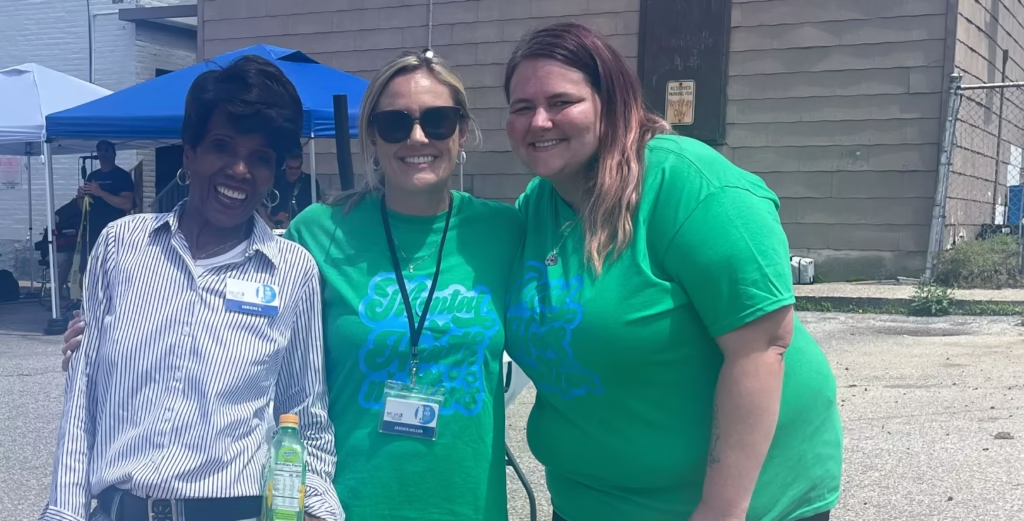Be the Voice

The New Recovery Advocacy Movement (NRAM) is a social movement led by people in addiction recovery and their allies.
It is aimed at altering public and professional attitudes toward addiction recovery, promulgating recovery-focused policies and programs, and supporting efforts to break inter-generational cycles of addiction and related problems.
The NRAM rose in the late 1990’s in reaction to the increased de-medicalization, re-stigmatization, and criminalization of alcohol and other drug problems, as well as the resulting cultural pessimism about the prospects of long-term addiction recovery.
New grassroots recovery community organizations across the U.S. were aided by seed grants from the Center for Substance Use Treatment’s Recovery Community Support Program. There are a lot of big words in there, but we assure you that these guys are personally affected by substance use disorder.
These are individuals in the community advocating for recovery rights, education, and community support on a national level.
The goals of this movement are clearly laid out:
- Portray alcoholism and addictions as problems for which there are viable and varied recovery solutions.
- Provide “living proof” of the diversity of those recovery solutions.
- Counter any actions that dehumanize, objectify, and demonize those with or recovering from alcohol and/ or drug problems.
- Enhance the variety, availability, and quality of local/ regional treatment and recovery support services.
- Remove environmental barriers to recovery by promoting laws and social policies that reduce drug problems and support long-term individual and family recovery.
The strategies of this movement included:
1. Building strong, grassroots recovery community organizations- and linking these organizations into a national movement to develop recovery leaders, offer opportunities for the recovery community, people in recovery, family members, friends, and allies- to express their collective voice on issues of common concern, respond to community-identified recovery support needs, and provide a private forum for recovery-focused community service.
2. Advocating for meaningful representation and voice for people in recovery and their families at the local, state, and federal policy levels, on issues that affect their lives.
3. Assessing and responding to national and local needs related to the adequacy and quality of local treatment and recovery support services.
4. Educating the public, policymakers, and service providers about the prevalence, pathways, and styles of long-term addiction recovery.
5. Developing human and fiscal resources- by expanding philanthropic and public support for addiction treatment, recovery support services, and recovery advocacy, and by cultivating volunteerism within local communities of recovery.
6. Creating recovery community centers- that make recovery visible on Main Street and provide a setting for the delivery of non-clinical, peer-based recovery support services, supports, and activities.
7. Celebrating recovery from addiction- through public recovery celebration events that offer living proof of the transformative power of recovery.
8. Supporting research- that illuminates the pathways, processes, stages, and styles of long-term personal and family recovery.
This movement of people has many accomplishments to date. It is important to be aware of these accomplishments. What they are doing for the recovery community and what they are doing on a national level is astounding. What can we do as a community to get involved and support them? Learn more about this and what they are doing now on their website: Faces & Voices of Recovery
